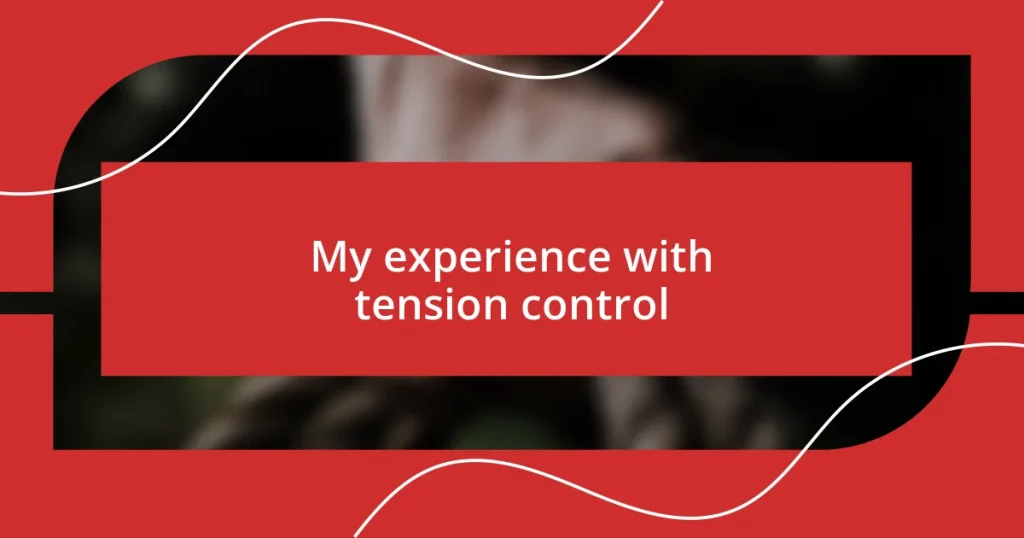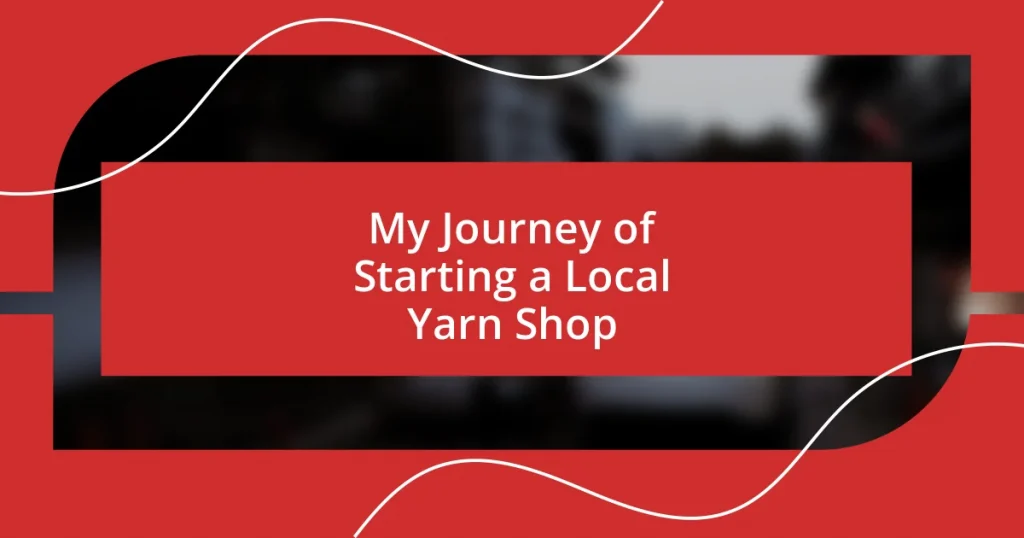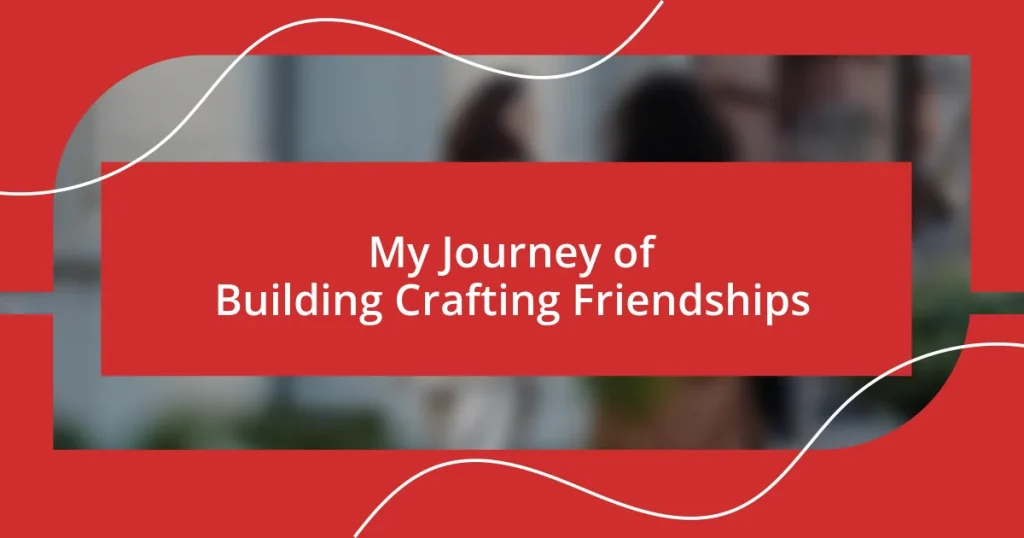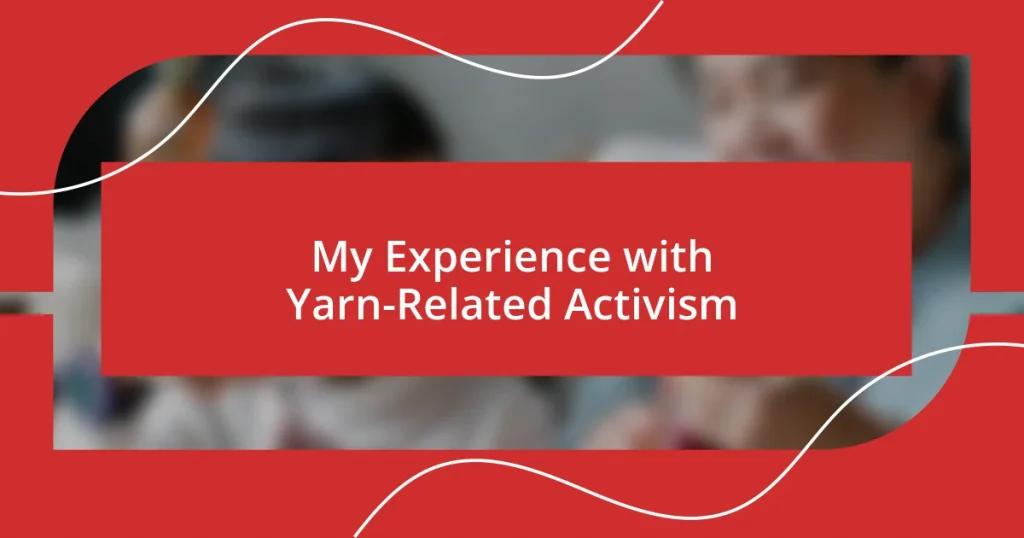Key takeaways:
- Tension control is about balancing pressure in various aspects of life, emphasizing patience and self-awareness to improve performance and comfort.
- Identifying the root causes of tension, such as fear of failure and interpersonal conflicts, is essential for effective management and healthier interactions.
- Long-term benefits of tension management include enhanced resilience, improved relationships, and a greater sense of purpose, ultimately leading to better overall well-being.
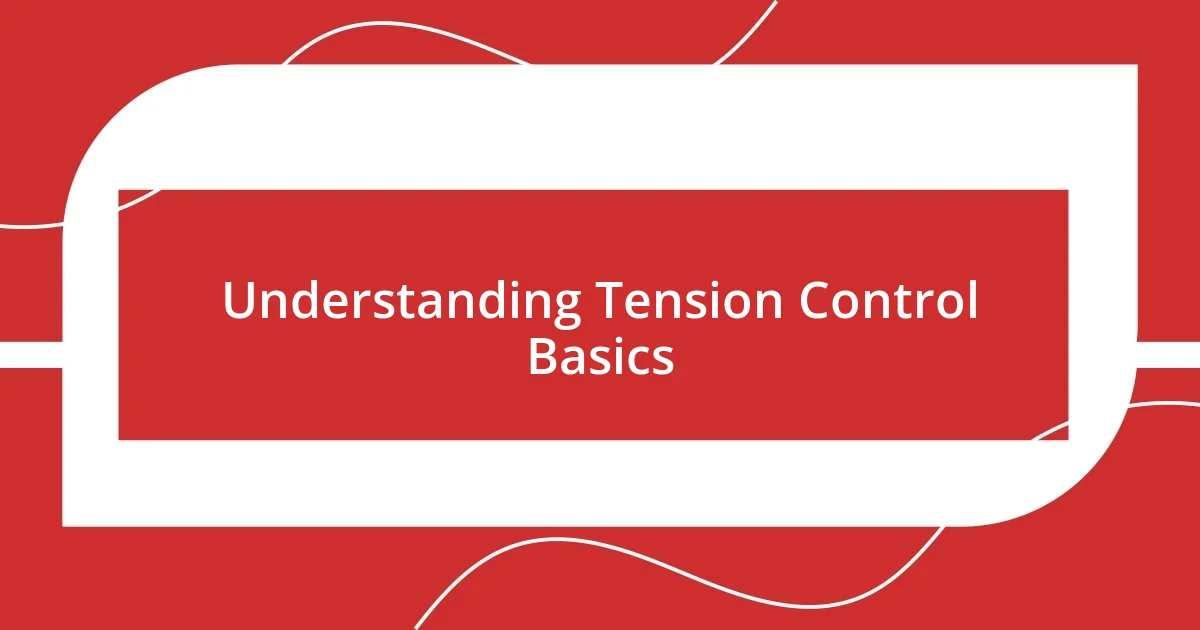
Understanding Tension Control Basics
Tension control is all about maintaining balance, not just within a mechanical sense but in life as well. I remember a time when I was preparing for a big presentation. The pressure felt overwhelming, yet it was crucial to find that sweet spot between excitement and stress. Have you ever felt like the tighter you grip a situation, the more it slips away?
At its core, tension control involves adjusting pressure to optimize performance or comfort. I’ve often found that when working on projects, understanding when to apply pressure and when to ease off can make all the difference. There’s a profound lesson in this, don’t you think? It teaches us the value of patience and self-awareness.
Imagine pulling a rubber band too tight; it snaps. This concept resonates deeply with me. I’ve learned that in moments of high tension, whether in work or relationships, allowing for some slack can lead to better outcomes. Isn’t it fascinating how a simple shift in mindset can ultimately transform our approach to pressure?
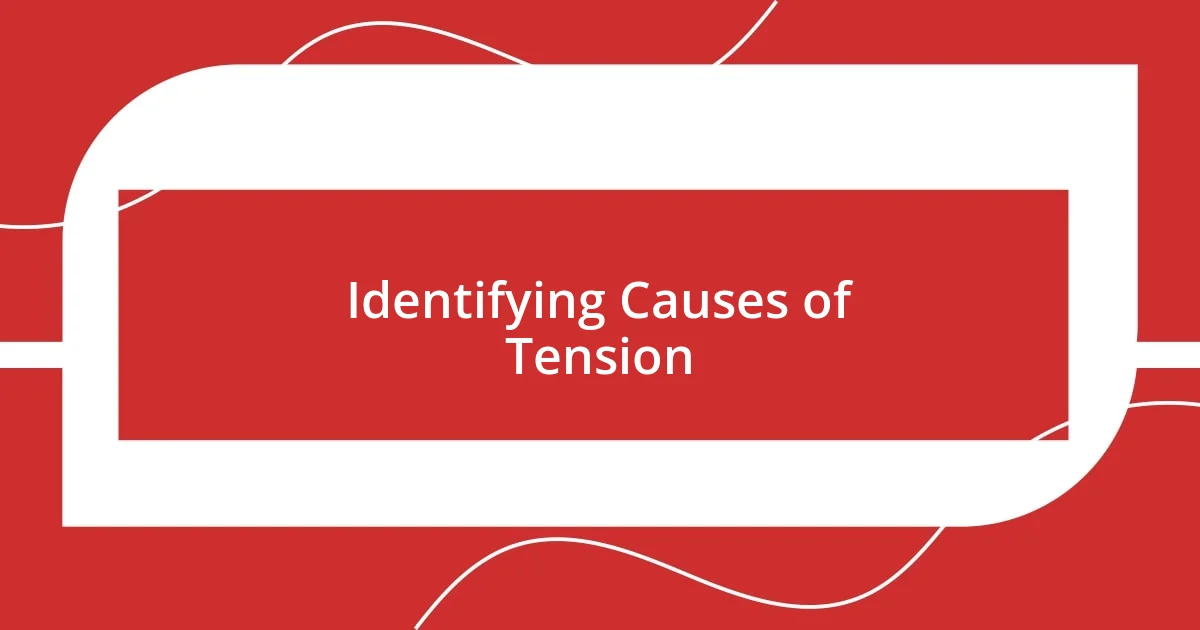
Identifying Causes of Tension
Recognizing the roots of tension in our lives can be quite revealing. For me, one significant source is the fear of failure. I can still recall a moment before a crucial deadline where anxiety consumed me, tightening its grip like a vice. This awareness allowed me to untangle those feelings rather than let them control my actions. It’s clear that understanding what triggers our tension is the first step toward managing it effectively.
Additionally, interpersonal relationships often contribute to our tension levels. I vividly recall a heated discussion with a close colleague; it spiraled until I realized our miscommunication was escalating our stress. Reflecting on that experience taught me the importance of open communication and setting clear boundaries to alleviate potential conflicts. Isn’t it interesting how acknowledging these tensions can pave the way for healthier interactions?
Environmental factors play a crucial role too. I’ve had mornings where loud noise or chaotic surroundings made it impossible to focus, heightening my stress levels. It’s fascinating how external stimuli impact our internal state. Identifying these causes can be a game changer, allowing us to create an environment that fosters calm rather than chaos.
| Causes of Tension | Personal Experience |
|---|---|
| Fear of Failure | Realizing how anxiety consumed me before a deadline forced me to confront my feelings rather than suppress them. |
| Interpersonal Conflicts | A heated discussion with a colleague highlighted the necessity of clear communication to avoid escalating stress. |
| Environmental Factors | Chaotic surroundings often heightened my stress, teaching me the need for serene spaces to cultivate calm. |
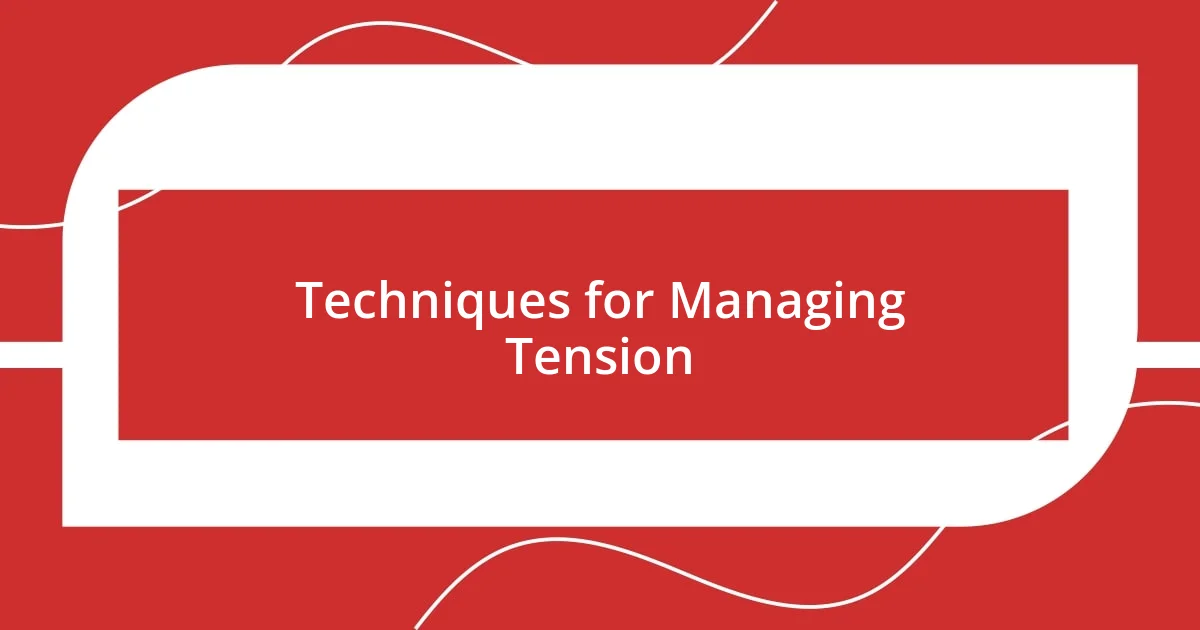
Techniques for Managing Tension
There are various techniques for managing tension that I’ve found incredibly helpful. One method I often turn to is deep breathing. Whenever I feel that familiar tightness in my chest, I take a moment to inhale deeply through my nose, hold it for a few seconds, and exhale slowly. This practice grounds me instantly and shifts my focus away from spiraling thoughts.
Here’s a list of techniques to help manage tension effectively:
- Deep Breathing: A simple way to reduce immediate stress and regain focus.
- Physical Activity: A quick walk or some stretches can release built-up tension.
- Mindfulness Meditation: Taking time to sit quietly and observe my thoughts often brings clarity.
- Journaling: Writing down my feelings helps in processing and understanding my tension.
- Establishing Boundaries: I’ve learned to say ‘no’ when necessary, allowing space for rejuvenation.
Another technique I swear by is breaking tasks into manageable chunks. I distinctly remember feeling overwhelmed by a lengthy report I needed to finish. Instead of approaching it all at once, I divided it into sections. Completing each piece felt incredibly satisfying and reduced that daunting sense of pressure. This method helps maintain momentum and gives a sense of accomplishment, don’t you think? It’s all about finding what techniques resonate with you.
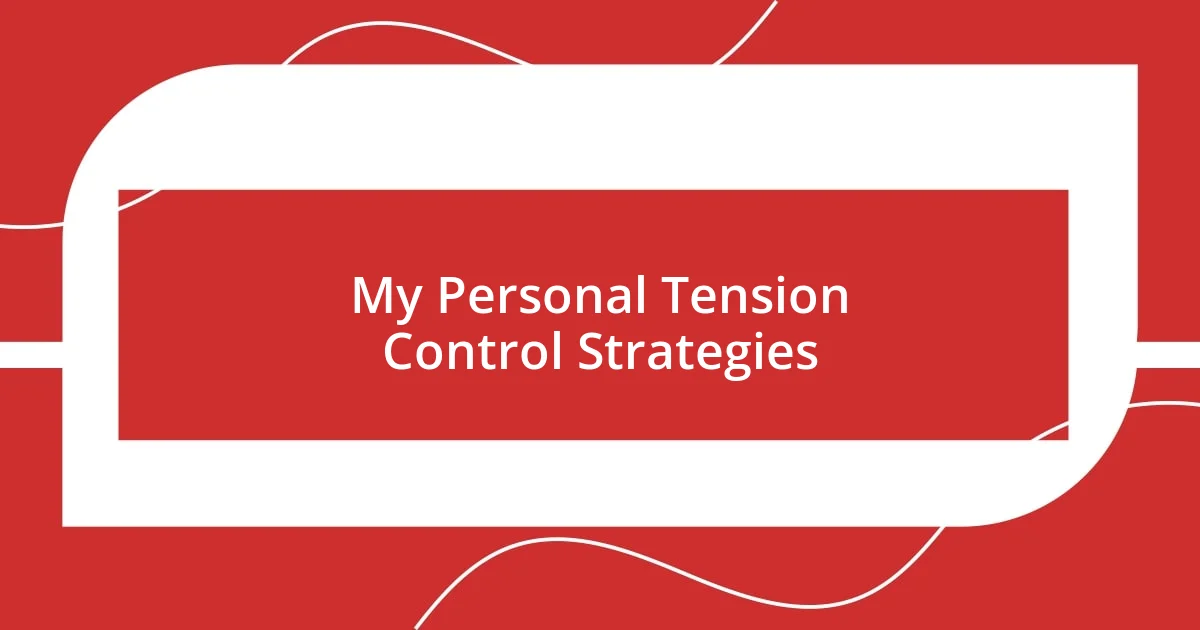
My Personal Tension Control Strategies
When it comes to managing my tension, one of the most effective strategies I’ve embraced is prioritizing physical activity. I remember a particularly stressful week when my project deadlines collided. Instead of shutting myself in to power through, I decided to step outside for a brisk walk. The fresh air not only cleared my mind but also allowed me to return to my work with renewed energy and focus. Isn’t it amazing how something as simple as movement can break the tension?
Mindfulness meditation is another practice I’ve integrated into my routine. I often find myself rushing through the day—emails to respond to, meetings to attend—but taking just ten minutes to sit quietly has been transformative. During one session, I noticed my racing thoughts gradually settling like a calm sea, and it was as if I could finally breathe. This practice really highlights the power of simply being present. Have you ever tried just observing your thoughts without judgment? It can be quite liberating.
Lastly, I’ve made it a habit to journal regularly. I vividly recall a night when everything felt overwhelming; my mind was a whirlwind of worries. Instead of tossing and turning, I grabbed my journal and poured out my thoughts. The act of writing felt cathartic, like lifting a weight off my chest. I often wonder how many people miss out on this simple yet powerful tool. Have you ever taken the time to write down your feelings? It might just help untangle those tense knots we often carry around.
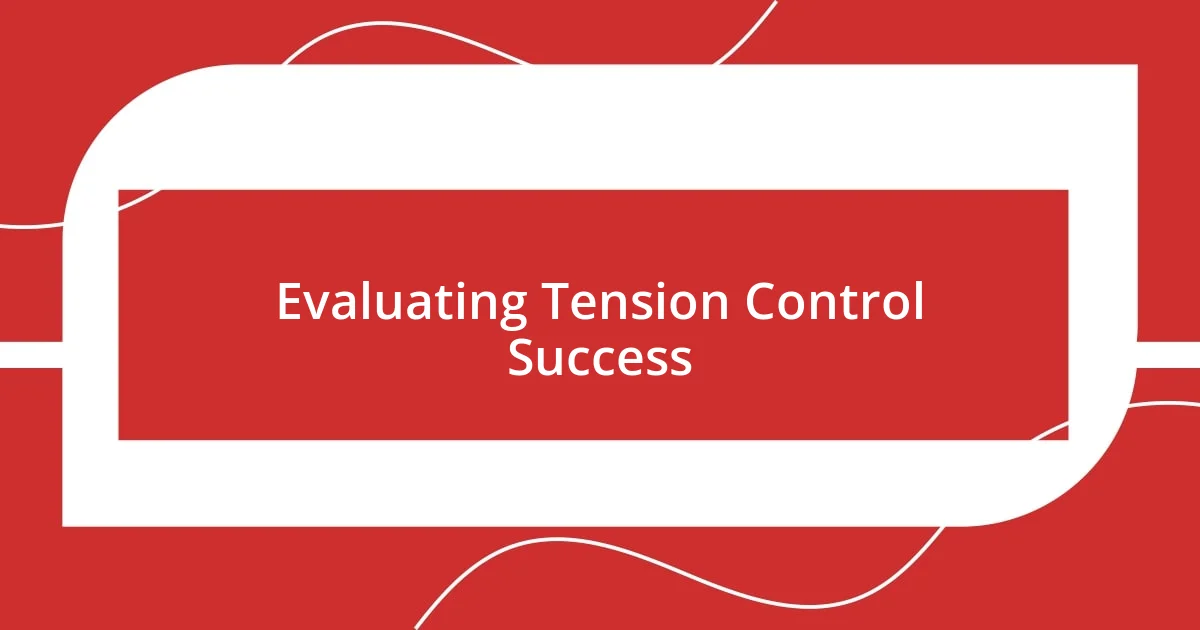
Evaluating Tension Control Success
Evaluating the success of tension control techniques requires a reflective approach. For instance, I remember a stressful period when I committed to a deep breathing routine. Over the course of a week, I noticed not just a reduction in physical symptoms, like chest tightness, but also a calmer mental space. Could it be that such a simple practice can yield profound results?
As I reflected on my progress, I realized that journaling played a key role in tracking my emotional state. One night, after a particularly challenging day, I wrote down every little annoyance I felt. The next morning, the clarity that emerged was astonishing. It made me wonder how often we overlook our thoughts and feelings, missing valuable insights about our emotional well-being.
Successful tension control isn’t a one-size-fits-all formula; it’s about assessing what truly resonates with you. While some people might thrive on physical activity, I discovered that mindfulness worked wonders for my racing mind. After a few weeks of practicing it regularly, I felt a noticeable shift in my awareness and presence. Have you found your own techniques that help you unwind? It’s all about tuning in to what truly helps you regain your equilibrium.
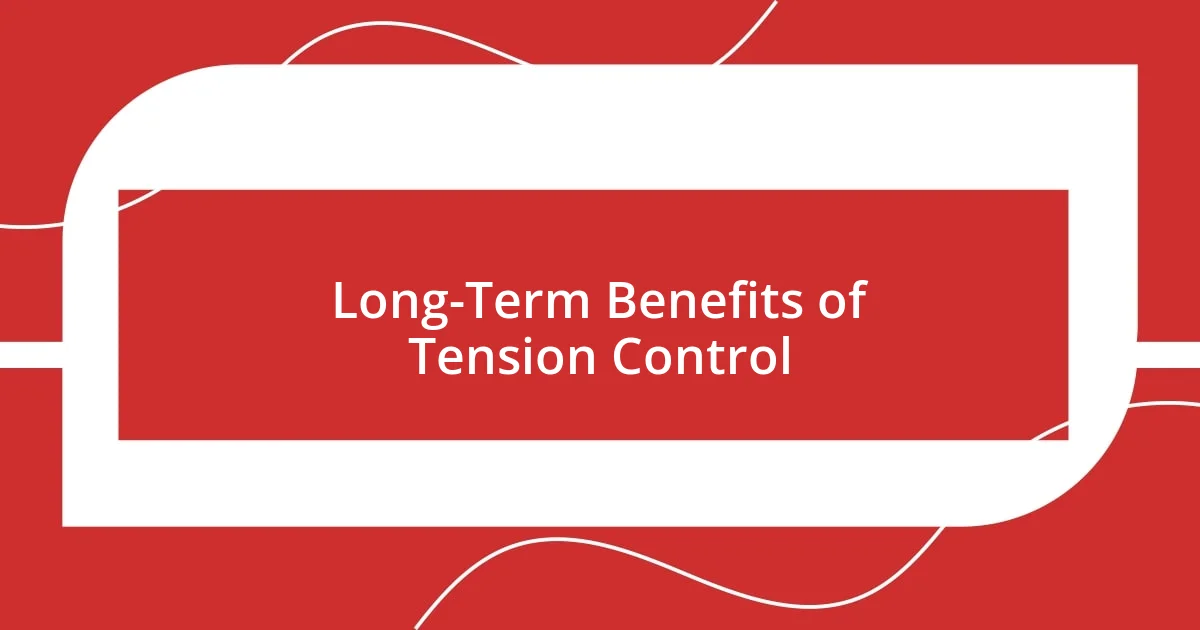
Long-Term Benefits of Tension Control
The long-term benefits of tension control extend far beyond immediate relief; they create a foundation for overall well-being. I once noticed that as I actively managed my tension, not only did I feel lighter in daily moments, but my resilience strengthened over time. It was almost as if I was building an emotional toolbox to face new challenges with confidence. Have you ever felt that shift when you realize that you’re no longer just reacting to stress but proactively managing it?
Another noteworthy benefit I’ve experienced is improved relationships. I recall a time when stress had begun to seep into my interactions, making me irritable and withdrawn. By practicing tension control techniques, I found myself engaging more openly with loved ones. It’s astonishing how a calmer mindset can invite deeper connections. Isn’t it fascinating how you can start to nurture relationships simply by nurturing yourself?
Lastly, I’ve found that long-term tension management cultivates a sense of purpose and direction in my life. This realization came during a particularly enlightening conversation with a friend who shared her insights on how confrontations can teach us about ourselves. I began to appreciate that each tension-filled moment could become an opportunity for growth. Are you ready to turn those moments of discomfort into stepping stones for your journey? Recognizing this has not only been liberating but has also offered me a profound sense of clarity in navigating life’s complexities.
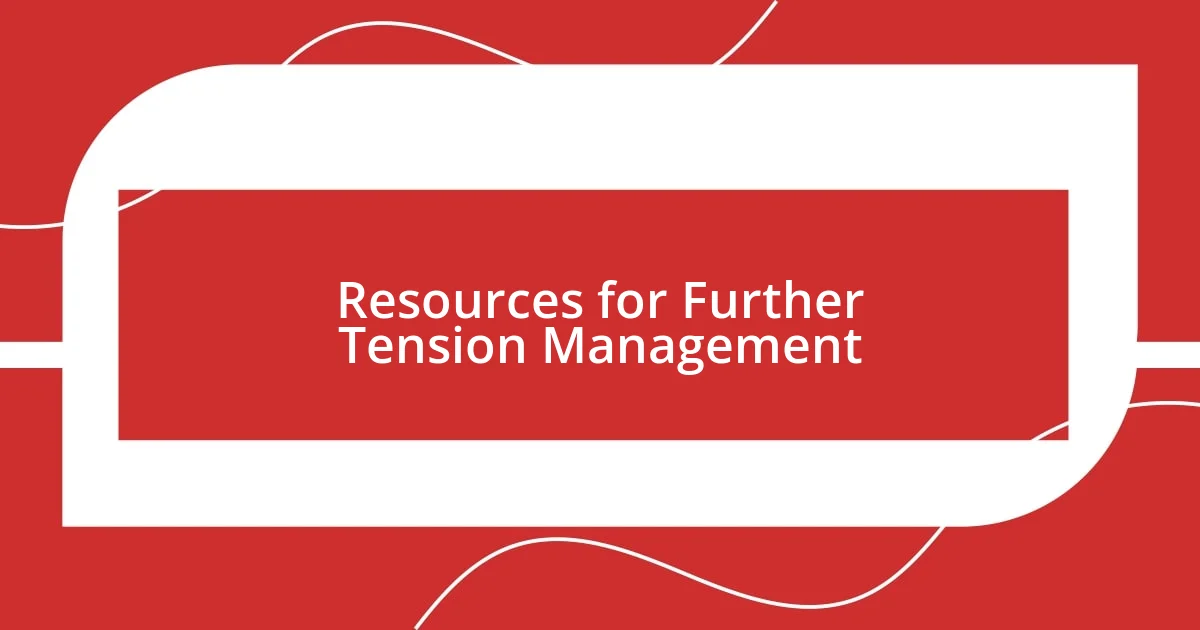
Resources for Further Tension Management
In my journey to manage tension effectively, I’ve often turned to books and online resources that offer practical strategies. One that really resonated with me is “The Relaxation Response” by Dr. Herbert Benson. When I first read it, I was struck by the idea that relaxation can be practiced like a skill, much like exercising a muscle. Have you ever considered how reading could be a transformative part of stress management?
I also discovered mindfulness apps like Headspace and Calm, which have become invaluable in my daily routine. Initially, I was skeptical about using apps for meditation, but I was amazed at how easily I slipped into a calmer state of mind during sessions. The guided nature of their content felt like having a supportive coach by my side. Isn’t it interesting how technology can guide us toward better mental health?
Lastly, I found online communities and forums helpful for sharing experiences and gaining perspectives on tension relief methods. I remember joining a group focused on anxiety management, where members exchanged personal stories and coping strategies. Connecting with others who understand your struggles can be incredibly validating. Have you ever experienced that moment of realization that you’re not alone in your journey? Engaging with such supportive networks has deepened my understanding and made me feel more empowered in my approach to tension management.










